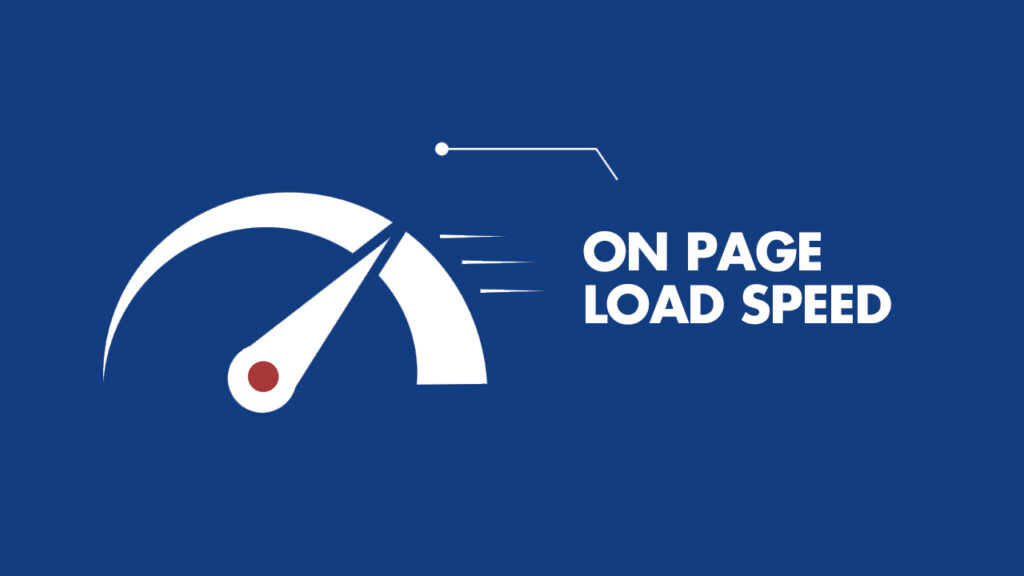For small businesses, maintaining consistent cash flow is critical to staying operational. Unexpected expenses, slow-paying clients, or seasonal fluctuations can disrupt even the most well-planned budgets. That’s where cash flow loans come into play. Designed to bridge gaps in cash flow, these loans provide the working capital you need to manage daily operations, pay employees, and seize growth opportunities.

In this comprehensive guide, we’ll dive deep into what cash flow loans are, the types available, their benefits and drawbacks, and how to choose the right one for your small business.
What Are Cash Flow Loans?
Cash flow loans are short-term financing solutions that help businesses manage operational expenses when incoming cash is delayed. Unlike traditional loans that rely heavily on assets as collateral, cash flow loans often base their approval on the business’s revenue and projected cash flow.
These loans are ideal for small businesses that face periodic cash shortages but maintain steady revenue streams, such as retail stores, service providers, and seasonal businesses.
1. Why Do Small Businesses Need Cash Flow Loans?
Running a small business often means dealing with unpredictable cash flow. Common scenarios that may require a cash flow loan include:
- Covering payroll when revenue is delayed.
- Purchasing inventory for a peak season.
- Managing operational costs during slow months.
- Financing short-term marketing campaigns.
With a cash flow loan, businesses can maintain financial stability and avoid disruptions in operations.
2. Types of Cash Flow Loans
There are several types of cash flow loans available to small businesses, each catering to different needs.
3. Business Lines of Credit
A business line of credit offers flexible access to funds. Borrowers can draw from the credit line as needed and pay interest only on the amount used.
Pros:
- Reusable funding for recurring expenses.
- Quick access to capital.
Cons:
- Higher interest rates compared to term loans.
- Requires disciplined repayment to avoid debt cycles.
4. Invoice Financing
If your business has unpaid invoices, invoice financing allows you to borrow against them. The lender advances a percentage of the invoice value upfront, and you repay once the client settles the invoice.
Pros:
- Unlocks cash tied up in invoices.
- No need for traditional collateral.
Cons:
- Fees can be high.
- Dependent on client payment reliability.
5. Merchant Cash Advances (MCAs)
A merchant cash advance provides funding in exchange for a percentage of daily credit card sales.
Pros:
- Fast approval process.
- Flexible repayments based on sales.
Cons:
- High fees and APRs.
- Can strain daily cash flow.
6. Short-Term Loans
Short-term loans provide a lump sum of money that must be repaid within a few months to a year.
Pros:
- Predictable repayment schedule.
- Ideal for specific, one-time expenses.
Cons:
- Requires regular repayments, which can be challenging for businesses with inconsistent revenue.
7. Online Cash Flow Loans
Fintech companies specialize in providing quick and accessible cash flow loans to small businesses.
Pros:
- Minimal paperwork and fast approval.
- Accessible to businesses with varying credit profiles.
Cons:
- Higher interest rates than traditional loans.
- Shorter repayment terms.
How to Choose the Best Cash Flow Loan for Your Business
Choosing the right cash flow loan requires a careful evaluation of your business needs, financial health, and repayment ability. Consider the following factors:
- Loan Purpose: Identify why you need the loan and how it will help your cash flow.
- Loan Amount: Borrow only what you need to avoid unnecessary debt.
- Interest Rates: Compare rates from different lenders to find the most competitive option.
- Repayment Terms: Ensure the repayment schedule aligns with your business cash flow.
- Approval Time: If you need funds urgently, prioritize lenders with quick processing times.
Top Providers of Cash Flow Loans
Here are some of the best lenders offering cash flow loans for small businesses:
- BlueVine: Offers lines of credit and invoice factoring with fast approval.
- Fundbox: Specializes in small business loans based on invoice financing.
- OnDeck: Provides term loans and lines of credit tailored to small businesses.
- Kabbage (AmEx): Known for its user-friendly application process and flexible credit lines.
Benefits of Cash Flow Loans
- Quick Access to Funds: Many cash flow loans are approved within days, providing immediate relief.
- No Need for Collateral: Many options, like MCAs and invoice financing, don’t require traditional assets as collateral.
- Supports Operational Stability: Keeps your business running smoothly during cash flow challenges.
- Flexible Terms: Various types of loans to suit different business needs.
Challenges of Cash Flow Loans
- High Costs: Some cash-flow loans come with steep interest rates and fees.
- Short-Term Nature: Repayments are often due within a few months, creating pressure on cash flow.
- Risk of Overborrowing: Borrowing more than needed can lead to financial strain.
When Should You Consider a Cash Flow Loan?
Cash flow loans are ideal for small businesses in situations like:
- Temporary revenue shortfalls.
- Seasonal businesses preparing for high-demand periods.
- Handling unexpected expenses or emergencies.
However, they may not be suitable for long-term investments or large-scale projects.
Tips for Getting Approved for a Cash Flow Loan
- Maintain Good Credit: Lenders often evaluate both personal and business credit scores.
- Prepare Financial Documents: Keep your balance sheets, income statements, and cash flow projections ready.
- Demonstrate Revenue Consistency: Show evidence of steady income to increase approval odds.
- Compare Lenders: Shop around for the best rates and terms.
- Avoid Overborrowing: Assess your repayment capacity before applying.
Conclusion
For small businesses, cash flow is the lifeblood that keeps operations running and growth opportunities within reach. When challenges arise, cash-flow loans can provide the financial cushion needed to maintain stability. By understanding the types of loans available, evaluating their pros and cons, and choosing a lender that aligns with your needs, you can navigate cash flow challenges confidently.
Remember, while cash flow loans are a valuable tool, borrowing responsibly and having a solid repayment plan is key to ensuring your business thrives.



